I am new to Laravel. I just started it tonight. Actually, I have the following code:
'key' => env('APP_KEY', 'SomeRandomString'),
In xampp/htdocs/laravel/blog/config/app.php.
I want to change this key to 32-bit by cmd as:
xampp\htdocs\laravel/blog>php artisan key:generate
It generates the key but could not replace/update in xampp/htdocs/laravel/blog/config/app.php.
